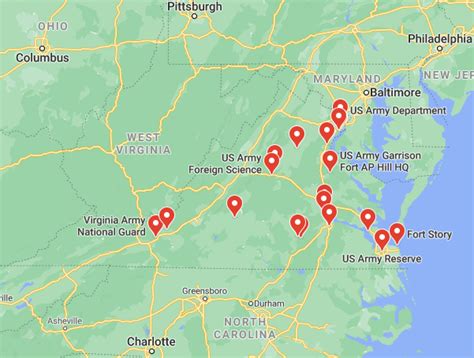Military
Marine Corps Devil Dog History

Introduction to the Marine Corps Devil Dog

The term Devil Dog has been synonymous with the United States Marine Corps for nearly a century, symbolizing the fierce fighting spirit and tenacity of Marines in combat. The origin of this nickname is deeply rooted in the history of World War I, where it was first used by German soldiers to describe the formidable opponents they faced on the battlefield. This moniker has since become an integral part of Marine Corps identity, reflecting the elite fighting force’s reputation for bravery, resilience, and unwavering commitment to their mission.
The Birth of the Devil Dog Legend

The story of how the Marine Corps came to be known as Devil Dogs begins in the trenches of World War I, specifically during the Battle of Belleau Wood in June 1918. This battle was a pivotal moment in Marine Corps history, marking one of the first major engagements of American forces in the war. The Marines, with their distinctive uniforms and aggressive combat tactics, made a lasting impression on their German adversaries. The Germans, impressed by the Marines’ ferocity and seemingly unstoppable advance, began referring to them as “Teufelhunde,” which translates to “Devil Dogs” in English. This nickname was initially used out of respect and a touch of fear, acknowledging the Marines’ formidable fighting prowess.
Evolution of the Devil Dog Symbolism

Over time, the Devil Dog nickname evolved from a term used by enemies to a badge of honor within the Marine Corps. It symbolizes the esprit de corps that defines the Marines, embodying their values of courage, honor, and commitment. The Devil Dog has become an iconic symbol, often represented by a bulldog, which has been adopted as a mascot by the Marine Corps. The bulldog’s tenacious and fearless nature is seen as a reflection of the Marine Corps’ own values and fighting spirit. This symbolism is deeply ingrained in Marine Corps culture, with the Devil Dog representing the elite status and brotherhood that Marines strive to uphold.
Key Battles and the Legacy of the Devil Dogs
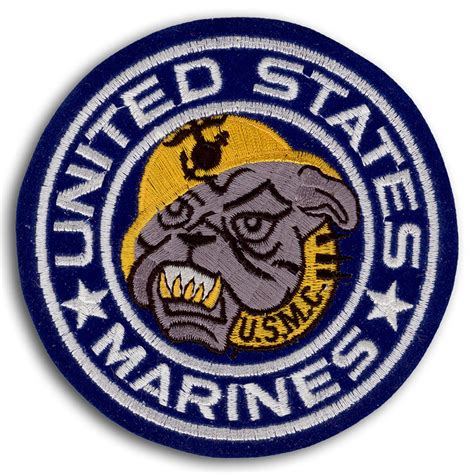
Throughout its history, the Marine Corps has been involved in numerous battles and conflicts, each contributing to the legacy of the Devil Dogs. From the Battle of Guadalcanal in World War II, where Marines fought against overwhelming odds, to the Battle of Iwo Jima, where the iconic raising of the American flag on Mount Suribachi became a symbol of victory and sacrifice, the Devil Dogs have consistently demonstrated their valor and dedication. In the Korean War and Vietnam War, Marines continued to uphold their reputation for bravery and tenacity, facing extreme conditions and adversaries with unwavering resolve. These conflicts, along with more recent engagements in the Middle East, have cemented the Devil Dog’s place in military history, representing a tradition of excellence and a commitment to defending freedom and democracy.
Cultural Impact and Tradition
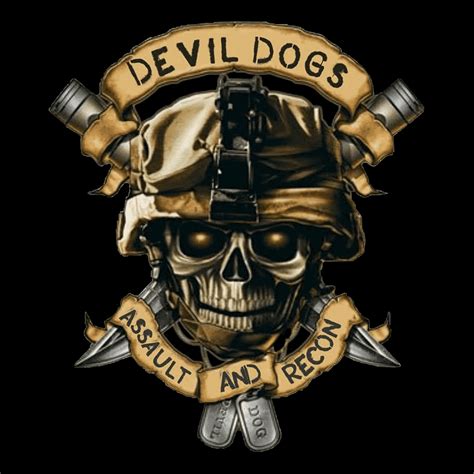
The Devil Dog nickname has had a profound cultural impact, both within the Marine Corps and in the broader American society. It represents a tradition of service, sacrifice, and camaraderie that is unique to the Marines. The term is often used to inspire esprit de corps among Marines, reminding them of their heritage and the high standards they are expected to maintain. Outside the Marine Corps, the Devil Dog has become a symbol of American military strength and resilience, recognized and respected globally. The cultural significance of the Devil Dog is also reflected in various forms of media, from literature to film, where Marines are often portrayed as heroic figures embodying the values of the Devil Dog.
🐕 Note: The Devil Dog legend has been a source of pride for Marines, symbolizing their toughness and fighting spirit, but it also underscores the harsh realities of war and the sacrifices made by those who serve.
Conclusion and Legacy
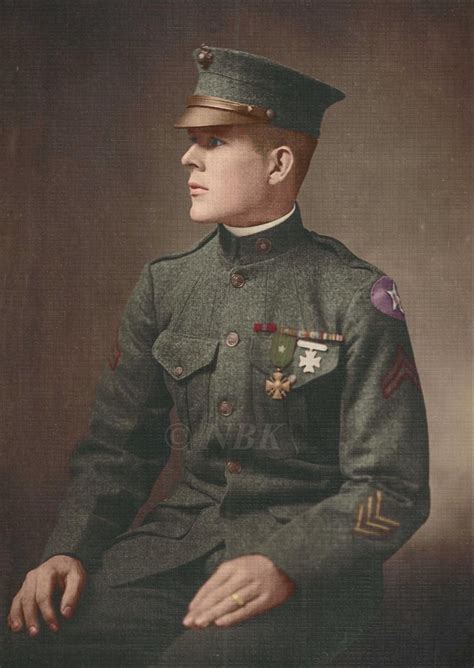
In summary, the Devil Dog is more than just a nickname; it is a testament to the Marine Corps’ enduring legacy of courage, honor, and commitment. From its origins in World War I to its current status as an iconic symbol of the Marine Corps, the Devil Dog represents the best of American military tradition. As the Marine Corps continues to evolve and face new challenges, the spirit of the Devil Dog remains a constant, inspiring generations of Marines to uphold the highest standards of service and sacrifice.
What is the origin of the Devil Dog nickname?
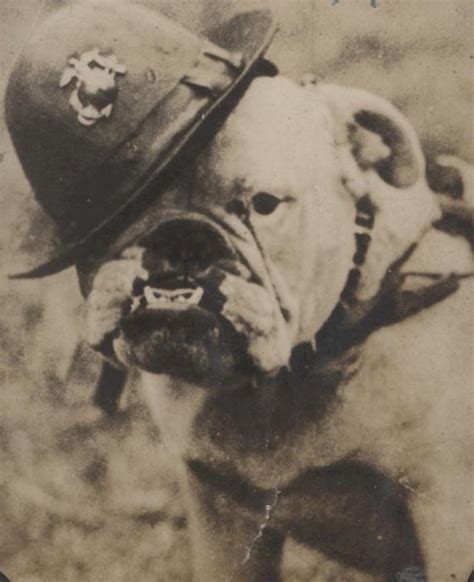
+
The Devil Dog nickname originated from German soldiers during World War I, who referred to Marines as “Teufelhunde” due to their fierce fighting spirit and tenacity.
What values does the Devil Dog symbol represent?

+
The Devil Dog symbol represents the values of courage, honor, and commitment, which are central to the Marine Corps’ identity and tradition.
How has the Devil Dog legend impacted Marine Corps culture?
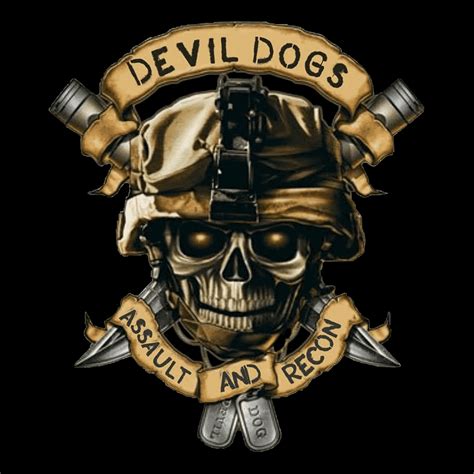
+
The Devil Dog legend has had a profound impact on Marine Corps culture, inspiring esprit de corps and reminding Marines of their heritage and the high standards they are expected to maintain.
